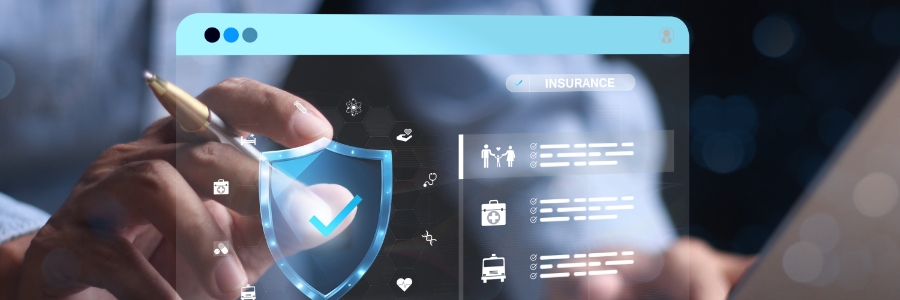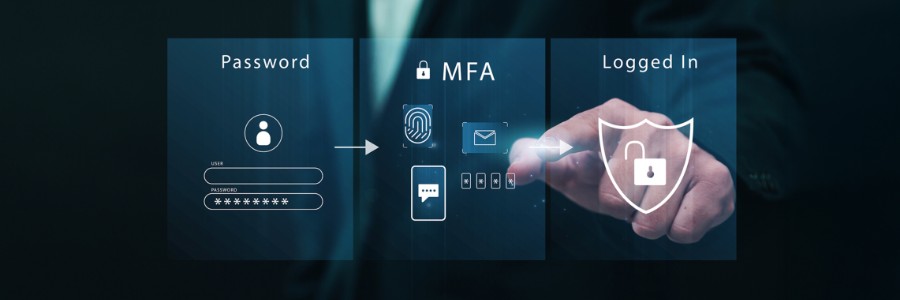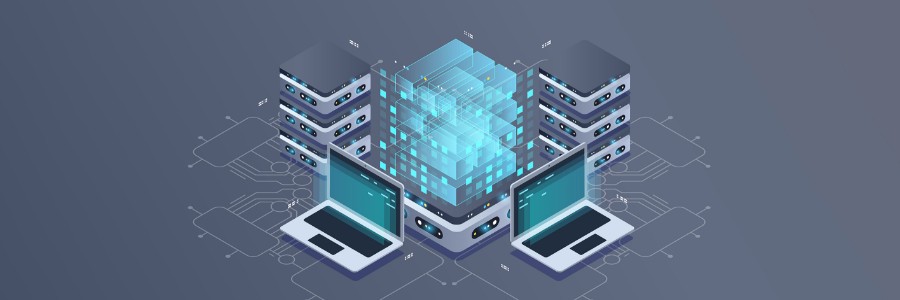Published February 23, 2026

When selecting a Voice over Internet Protocol (VoIP) phone system, businesses often face a key decision: should they go with open-source or proprietary systems? This article breaks down the real-world pros and cons of each option so you can confidently choose the right fit for your organization. Understanding proprietary VoIP systems A proprietary VoIP system […]
Published February 21, 2026

If your Windows PC feels slower than it used to, fragmented files could be part of the problem. Learn how disk defragmentation works, when it’s necessary, and how it can help restore performance and stability. We expect our computers to respond instantly — apps should launch quickly, files should open without delay, and the system […]
Published February 18, 2026

Tired of managing endless passwords across your business apps? Single sign-on (SSO) offers a secure, streamlined solution that improves productivity while strengthening protection. Here’s why more organizations are making the switch. The case for using SSO Most employees are drowning in passwords. Email, project management tools, HR portals, cloud storage, accounting platforms — the list […]
Published February 16, 2026

The Health Insurance Portability and Accountability Act (HIPAA) was created with a single goal: to keep medical records safe. HIPAA gives patients specific rights over who sees their private health details. If you operate a healthcare practice or any business that handles this data, following these rules is not optional. You must understand exactly where […]
Published February 13, 2026

Multifactor authentication (MFA) works by requiring users to provide more than one form of identification when logging into a system or account. This extra layer of security is meant to prevent unauthorized access and protect sensitive information. However, while MFA may seem like a foolproof solution, it actually has its own set of vulnerabilities that […]
Published February 11, 2026

Upgrading your company’s servers is a crucial decision that affects everything from operations to long-term growth. Rather than rushing into a replacement, it’s important to pause and ask the right questions. The following questions will help you evaluate your current infrastructure and determine whether replacing your servers is the best course of action. How well […]
Published February 9, 2026

As more businesses shift to VoIP, choosing between hosting it in the cloud or on-site has become crucial. This guide covers the key factors, such as security, cost, scalability, and customization, helping businesses make an informed decision based on their needs. Cost: Initial investment vs. ongoing expenses When comparing cloud-based and on-premises VoIP hosting, an […]
Published February 6, 2026

Modern work rarely happens in one place anymore. While emails and chat apps handle conversations well, they often fall short when teams need to brainstorm, plan, or visualize ideas together. That’s where Microsoft Whiteboard steps in. Let’s explore how businesses can use the app’s tools, templates, and sharing features to improve teamwork and turn ideas into action.
Published February 4, 2026

Getting people to visit your website is hard work, but getting them to actually buy something or pick up the phone is even harder. Plenty of small-business sites look great but don’t actually bring in sales. The good news is that you don’t need to be a tech wizard to fix this issue. We have […]
Published February 2, 2026

Data loss can be fatal for businesses. Losing critical files can lead to financial loss, operational disruption, and irreparable damage to customer trust. To avoid this grim predicament, it’s crucial for businesses to implement the following preventive measures against data loss. Restrict access privileges to those who need it Access control defines who can view, […]













